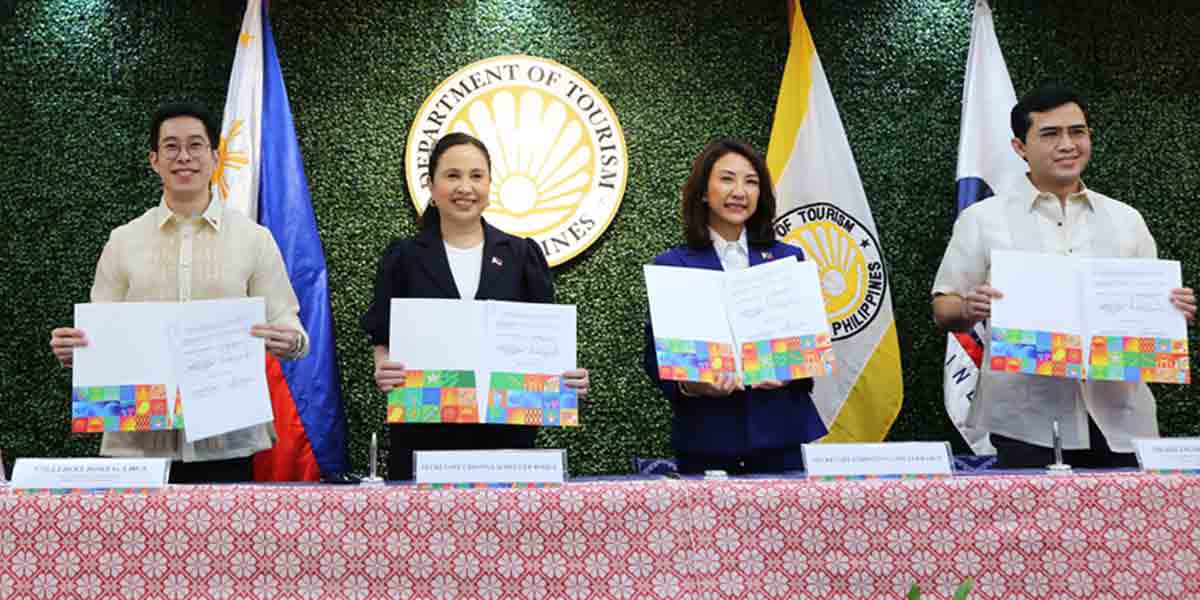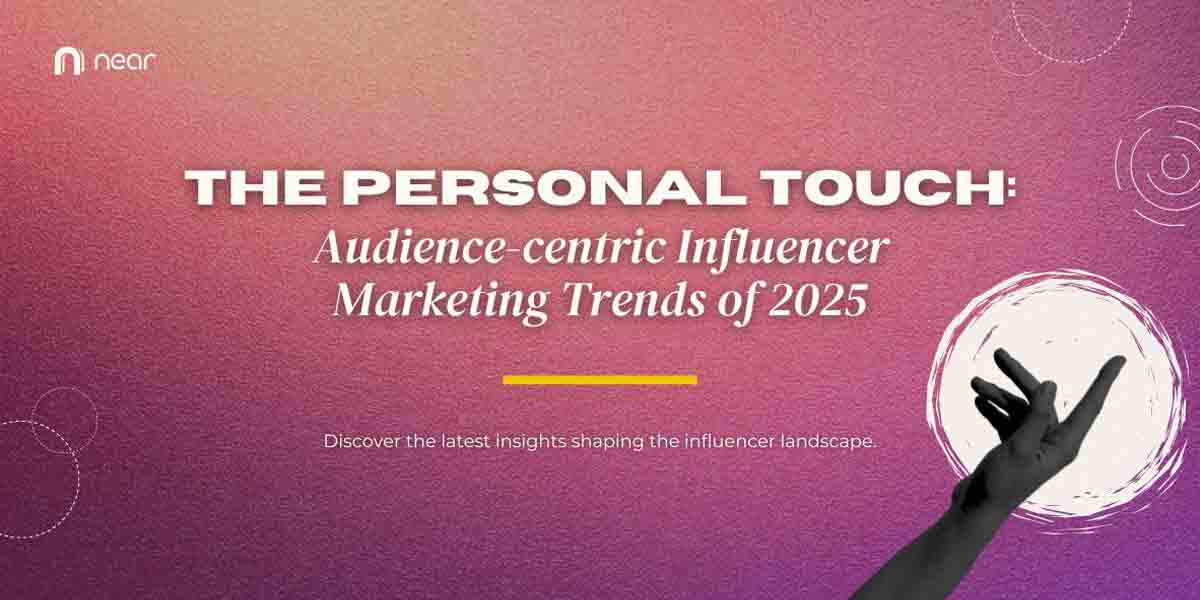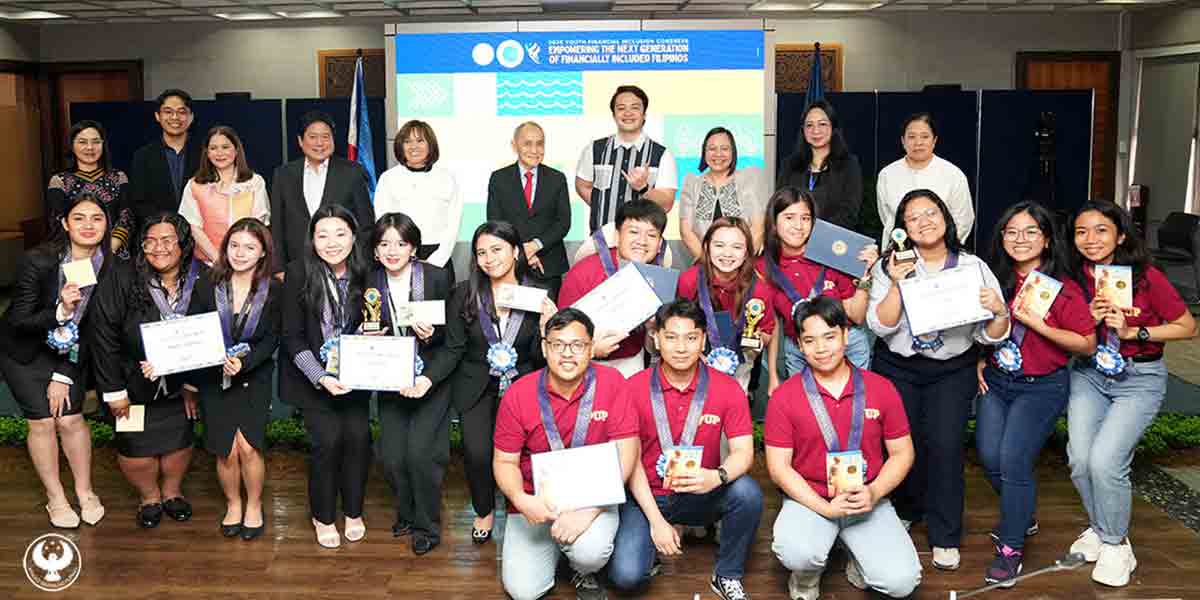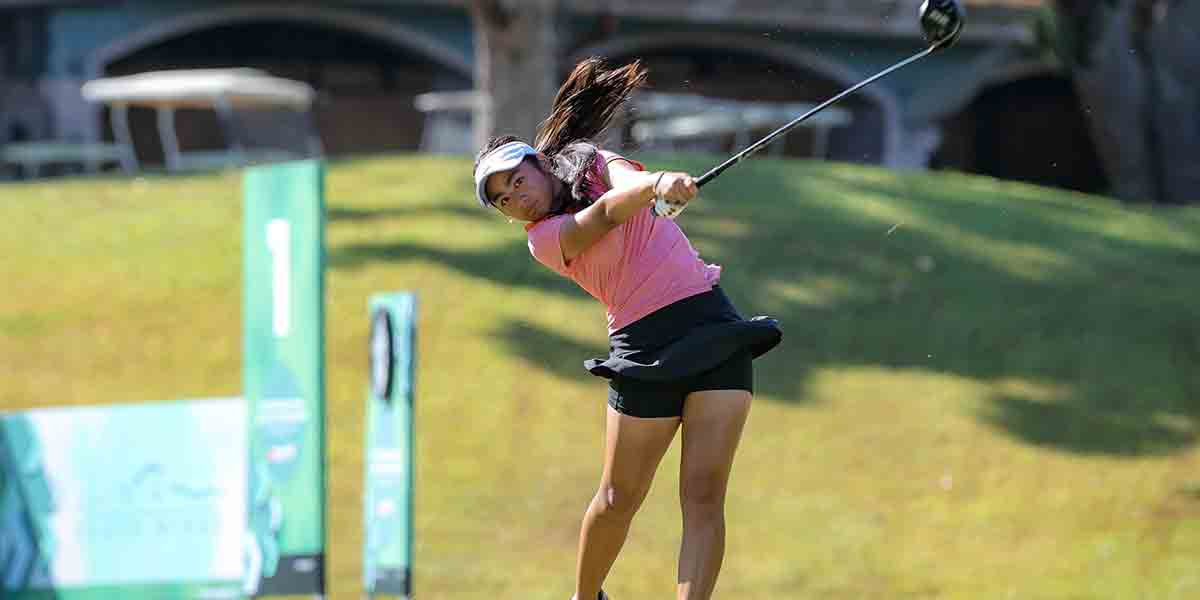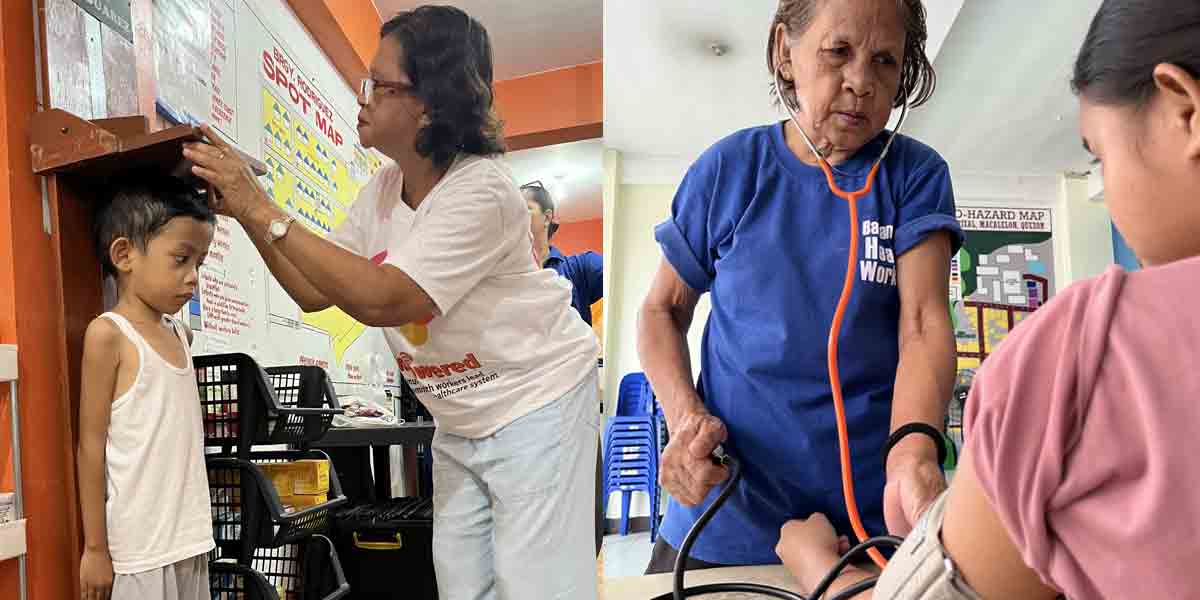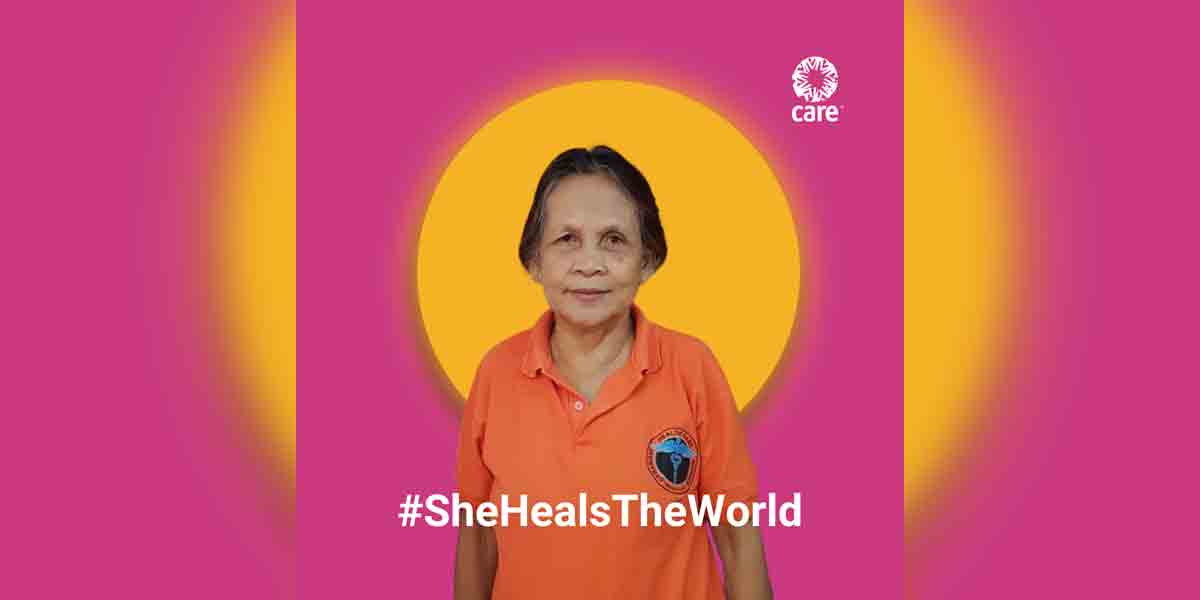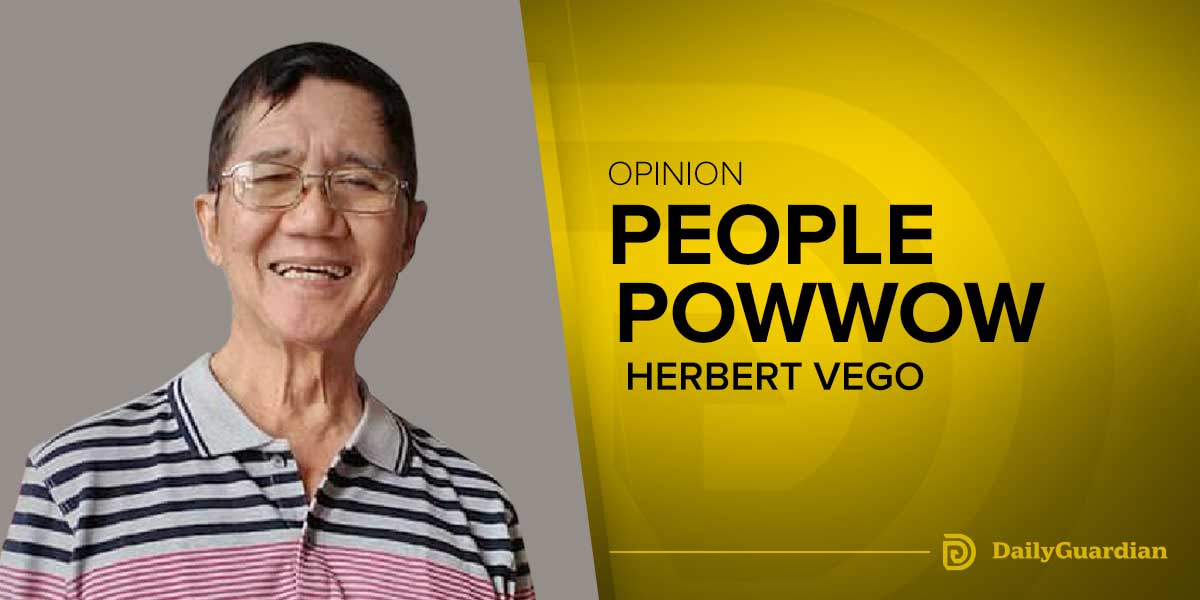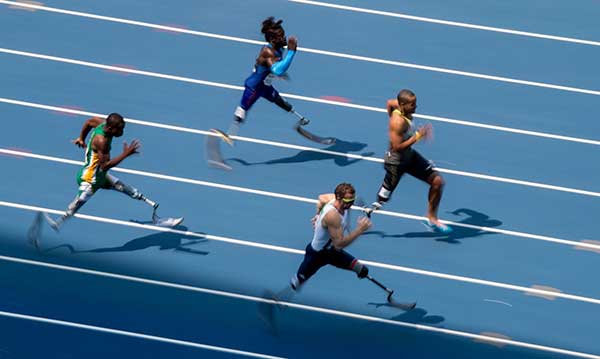
The World Health Organization (WHO) and the International Paralympic Committee (IPC) have partnered to launch the “Equipped for Equity” campaign during the upcoming Paris 2024 Paralympic Games. The initiative aims to showcase the transformative role of assistive technology in sports, while advocating for improved global access to these essential health products.
Throughout the Games, the campaign will share stories of Paralympic athletes using assistive devices such as running blades, wheelchairs, and release braces in archery. These stories will emphasize how assistive technology enables athletes to compete at the highest level and how it can empower individuals in their daily lives.
Dr. Tedros Adhanom Ghebreyesus, WHO Director-General, highlighted the critical need for greater access to assistive technology.
“The Paralympics show us what is possible, and the important role that assistive technology plays for these extraordinary athletes. But around the world, many people still do not have access to crucial assistive technology, due to its high cost and low availability.”
WHO estimates that over 2.5 billion people globally need assistive technology, with access severely limited in many regions. In some areas, only 5-35% of the 80 million people who need a wheelchair have access to one, and just 10% of the global demand for hearing aids is currently met.
Dr. Ghebreyesus called on governments, donors, and civil society to “prioritize these neglected but critical products” to support people with disabilities.
IPC President Andrew Parsons emphasized the importance of the Paralympic Games in raising awareness about disabilities and assistive technology.
“The Paralympic Games are one of the only global events that put persons with disabilities front and centre,” he said. “These technologies allow them to redefine what is possible in sports and inspire millions around the world.”
The campaign also draws attention to national initiatives aimed at improving access to assistive technology.
For example, Zimbabwe recently introduced a tax exemption on assistive technology, while France and Japan have implemented tax reductions ahead of the Games to make these technologies more affordable.
WHO hopes these efforts will inspire other countries to integrate assistive technology into primary health care and universal health coverage programs.
Improved access to assistive technology not only empowers individuals with disabilities but also promotes broader societal and economic growth.
WHO notes that these technologies can reduce health care costs, decrease hospital admissions, and create a more productive workforce, stimulating economic development.
WHO and IPC are also working with the French government to ensure a healthy environment for athletes and spectators at the Paris 2024 Paralympics.
Joint public health advice has been developed to support travelers attending the Games, in collaboration with the European Centre for Disease Prevention and Control.






